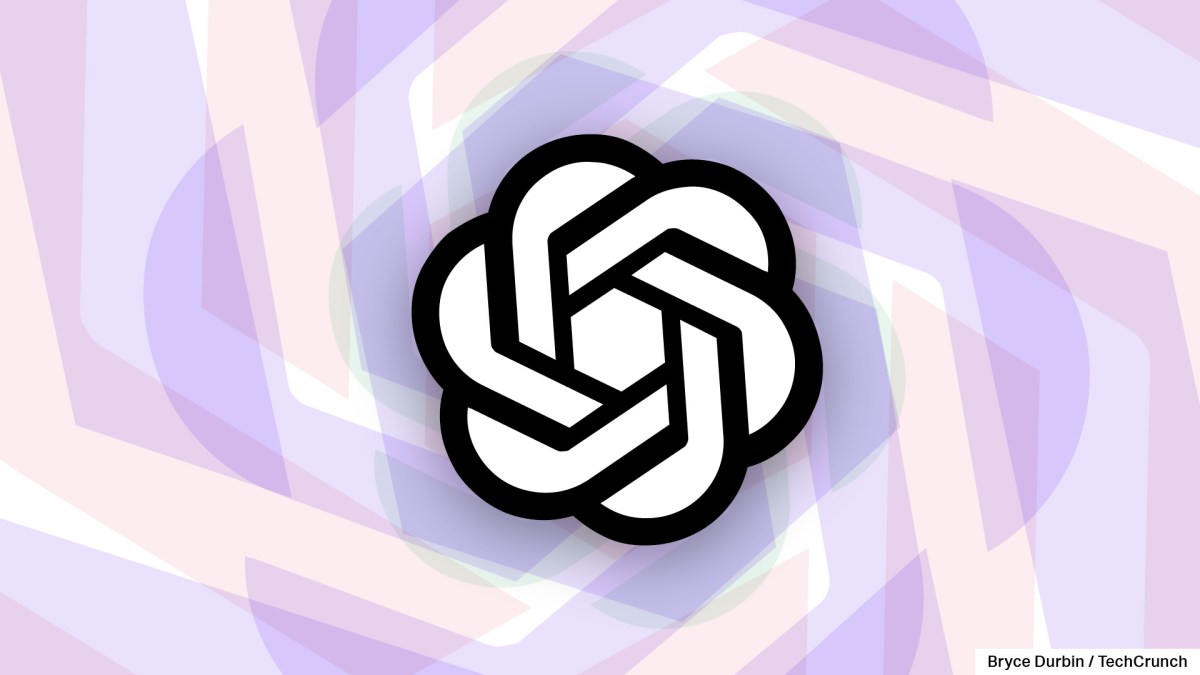OpenAI has launched a new subscription plan for ChatGPT, its AI-powered chatbot platform — and it’s very, very expensive.
Confirming leaks this morning, OpenAI announced ChatGPT Pro, a new $200-per-month subscription tier that provides unlimited access to all of OpenAI’s models, including the full version of its o1 “reasoning” model.
Unlike most AI, o1 and other reasoning models effectively fact-check themselves. This helps them avoid some of the pitfalls that normally trip up models, with the downside being that they often take longer to arrive at solutions. O1 reasons through tasks, planning ahead and performing a series of actions that help the model tease out answers.
OpenAI released a preview of o1 in September. This new version is more capable — compared to the preview, users can expect “a faster, more powerful, and accurate reasoning model that is even better at coding and math,” an OpenAI spokesperson told TechCrunch.
Specifically, o1 can reason about image uploads now (this wasn’t possible during the preview), and has been trained to be “more concise in its thinking” to improve answer times. According to OpenAI’s internal testing, o1 reduces “major errors” on “difficult real-world questions” by 34% compared to the preview version.
O1 doesn’t require a ChatGPT Pro subscription. As of this afternoon, all paid ChatGPT users can access o1 through the ChatGPT model selector tool. OpenAI says that it plans to add support for web browsing, file uploads, and more in the months ahead.
O1 will soon be available in OpenAI’s API, as, with new capabilities including vision and function calling (i.e. the ability to use third-party tools).
Now, ChatGPT Pro subscribers will get an ostensibly better version of o1 than users who don’t shell out. Called o1 pro mode, it “uses more compute for the best answers to the hardest questions,” OpenAI says.
ChatGPT Pro users can access the functionality by selecting “o1 pro mode” in the model picker and asking a question directly. Since answers will take longer to generate, ChatGPT will display a progress bar and send an in-app notification if they switch away to another conversation.
O1 pro mode may simply up the “reasoning” time the model takes before it responds with an answer. In its o1 preview announcement, OpenAI said that it aimed to experiment with o1 models that reason for hours, days, or even weeks to further boost their reasoning capabilities, and this could well be a step in that direction.
“In evaluations from external expert testers, o1 pro mode produces more reliably accurate and comprehensive responses, especially in areas like data science, programming, and case law analysis,” an OpenAI spokesperson told TechCrunch. “Compared to both o1 and o1-preview, o1 pro mode performs better on challenging machine learning benchmarks across math, science, and coding. In particular, we saw a 75% reduction in errors for easier coding competition questions more reflective of everyday programming queries.”
OpenAI also announced a grant program to award 10 grants of ChatGPT Pro to medical researchers at leading institutions. The company says that it’s planning for additional grants across “various disciplines” in the future.
ChatGPT Pro is easily OpenAI’s most expensive subscription yet — and 10x the cost of ChatGPT Plus. And it might be a tough sell, considering many users already think ChatGPT Plus is too expensive.
To sweeten the pot, ChatGPT Pro also includes unlimited access to GPT-4o and Advanced Voice Mode, ChatGPT’s human-like conversational feature. ChatGPT Plus users have a daily time limit, while free users are limited to preview.
Price hikes for the premium ChatGPT have long been rumored. By 2029, OpenAI expects it’ll charge $44 per month for ChatGPT Plus, according to reporting by The New York Times. The company has also toyed with the idea of ultra-costly business subscriptions with additional functionality and access to models under development, per The Information.
The aggressive moves reflect pressure on OpenAI from investors to narrow its losses. While the company’s monthly revenue reached $300 million in August, according to the New York Times, OpenAI expects to lose roughly $5 billion this year. Expenditures like staffing, office rent, and AI training infrastructure are to blame. ChatGPT alone was at one point reportedly costing OpenAI $700,000 per day.

